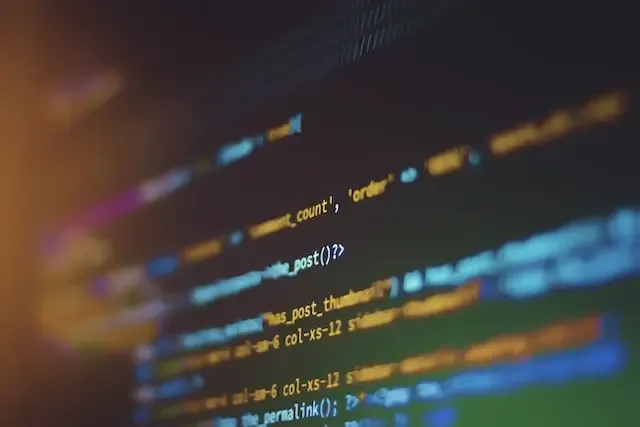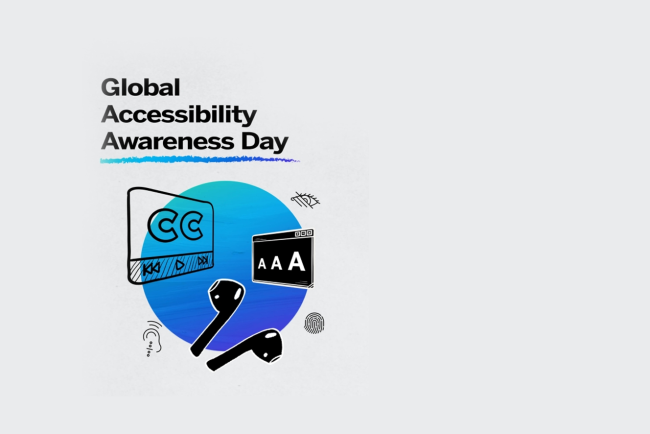What Is Coding?
Coding is creating instructions for computers using a language they can comprehend. Every programming language has its own distinct set of rules that must be followed when writing code; this code is then translated and transformed into the binary format used by computers, with underlying software doing this conversion. Getting started with coding can seem intimidating at first because this field has its own terminology. But once you understand what these common terms mean, it can be much less daunting for people of any age to take up coding.
General Programming Terminology
Algorithm: A set of guidelines for solving a problem. Algorithms are written using a language that computers can understand to tell them how to calculate and process data. For instance, a search engine uses an algorithm to take in data (the search term) and create a page of results.
Application Programming Interface (API): An application programming interface serves as a connection between two Web applications, allowing the exchange of information. For example, if you're creating an app for travelers, you could use the Yelp API to integrate their restaurant reviews into your app. Bug: A code error that leads to a program malfunctioning or generating incorrect results is known as a bug. Debugging is the process of locating and fixing these bugs.
Call: To initiate and request the execution of a programming function. To execute a function, it must first be declared before being "called" later in the text.
Command: An order given to a computer by a user
Data: Information that a computer stores or processes is referred to as data. The foundation of all digital data is a series of zeros and ones, which are known as binary numbers and can be understood by computers.
Github: A platform that uses Git to share open-source software. It stores the history of program revisions.
Iteration: An iteration is a version of something, like a computer program or a piece of code, that's repeated to achieve better results.
Language: To communicate with computers effectively, one must use specific language, syntax, and sentence structures. Examples of programming languages include Python, C++, and HTML. A computer can interpret these languages by translating them into binary digits or bits.
Object-Oriented Programming (OOP): Code is viewed as independent pieces of data, or objects, in object-oriented programming (OOP). Entities in a program are defined by creating corresponding objects. Using OOP techniques, programmers can effectively design and navigate extensive and complicated projects.
Programming: Programming is the act of developing computer applications by writing code.
Source Code: Instructions written by a programmer to build a Web page or software. Viewing the source code gives the viewer an understanding of the internal structure of the product.
Syntax: The set of rules for a computer language that specifies how it should be structured, similar to the grammar rules used in any spoken language.
UX (User Experience): A qualitative assessment based on how a user interacts with a website or piece of software. When designing a product, developers should keep in mind what end users need and want.
Languages
C++: A more difficult programming language to learn, C++ was developed from its predecessor, C. One of its major advantages is its capability to handle computer resources effectively, making it a sought-after language for building complex graphics and video games.
CSS (Cascading Style Sheet): CSS establishes a uniform style dictating how different elements on Web pages, such as the font size and color, should be formatted. The style across all pages of a website can be maintained by referring to a single style sheet.
HTML (HyperText Markup Language): HTML is the language used to build websites. It uses tags to specify the appearance and placement of elements like text or images.
Java: An object-oriented language similar to C++, Java is used to create online applications. It can run many programs simultaneously without modification on any platform that supports the language. Java is popular in the financial and e-commerce sectors because of its security.
JavaScript: JavaScript is an object-oriented language used to specify the behavior of HTML elements and add interactivity to websites.
JSON (JavaScript Object Notation): A Java-based file format that transports data in a readable form. It can be used to translate data to and from JavaScript.
Python: Python is a popular general-purpose programming language often used for developing Web-based applications and for data-scraping and analysis. It has a simple syntax like the English language, and code can be executed instantly.
Ruby: An object-oriented language designed to be readable by people familiar with any programming language, regardless of skill level
Scratch: Developed by MIT, Scratch is a block-based coding language that kids can use to learn how to code.
Structured Query Language (SQL): Pronounced "sequel," SQL is a language used for managing and manipulating data within relational databases, allowing users to make changes to table structures, add or delete data, and retrieve snippets of information.
Visual Coding: Also known as block-based coding, visual coding uses graphical elements that can be moved around and linked together instead of plain text.
Resources
- Five Reasons Kids Should Learn to Code
- Programming Vocabulary
- Flexbox Froggy
- A Beginner's Guide To C++ Terminology
- Elevator Saga
- Coding Terminology: 68 Terms And Definitions You Need To Know
- How to Make Flappy Bird on Scratch
- Why Failure in Coding Is a Good Thing
- Best First Coding Language: Scratch, Python, or JavaScript?
- Beginner's Guide To Coding Terminology And Programming Vocabulary
- Coding Jargon: Programming Terms To Know
- How to Build a Crypto Code Maker
- Programming Vocabulary 101
- Code Combat
- Understand Basic Programming Terminology
- What Is Git?
- What Should I Make? Beginner Project Ideas
- How to Code a Game: A Quick-Start Guide
- Experience Management Guide
- Express Course in Coding
- Learn Computer Programming
- Programming Terms And Definitions: The Essential 50 Beginners' Guide
- Want to Learn Programming? Five Key Terms You Should Know
The external links provided in this article are solely for informational purposes and do not imply endorsement or responsibility for the content, accuracy, or legality of the linked websites.



